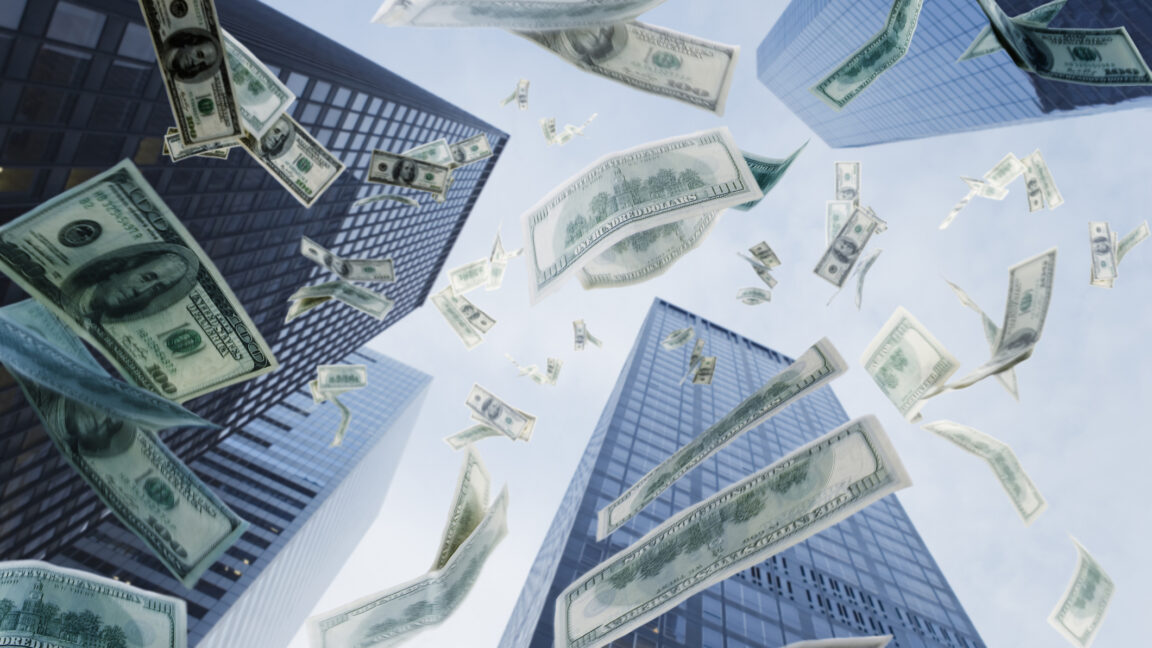
US might owe $1 trillion in refunds
Economists have called on SCOTUS to step in and halt Trump’s bid to gain the power to impose unlimited reciprocal tariffs—claiming the economic fallout “is expected to be significantly larger than in two instances” SCOTUS had previously overturned, including the Biden administration’s $50 billion initiative for student loan forgiveness.
In September, Treasury Secretary Scott Bessent cautioned justices that “the total to be refunded could range from $750 billion to $1 trillion if the court delays its ruling until next summer regarding the repayment of tariffs,” CNBC stated.
During the oral argument sessions, Justice Amy Coney Barrett expressed concern that reversing Trump’s tariffs might be “complicated,” as reported by CNBC.
Nevertheless, certain business owners—who participated in the We Pay Tariffs coalition voicing opinions on the SCOTUS case—informed CNBC that they believe it could be relatively uncomplicated, given that customs documents include detailed line items specifying which tariffs were paid. They proposed that businesses could receive payments in lump sums or even future credits.
Rick Muskat, the CEO of family-owned shoe firm DeerStags, mentioned to CNBC that his company has incurred over $1 million in tariffs thus far, but “it should be straightforward for importers to request refunds based on this tariff breakdown.” He indicated that if the IRS can process repayments for tax overcharges, US Customs should encounter “no issues” either—particularly since the agency automatically refunded US importers without complication during a conflict in 2018, CNBC reported.
However, if automatic refunds are not implemented, situations could become problematic. The paperwork necessary to contest various tariffs may turn out to be “labor-intensive and challenging” for some companies, especially those handling large shipments where only a subset of items might have been taxed.
Additionally, there’s the complication that some countries’ tariffs—like those from China—altered “numerous times,” Joyce Adetutu, a partner at the law firm Vinson & Elkins, informed CNBC. “It will require a considerable amount of time to untangle all of that, and it will represent an administrative challenge,” Adetutu stated.

